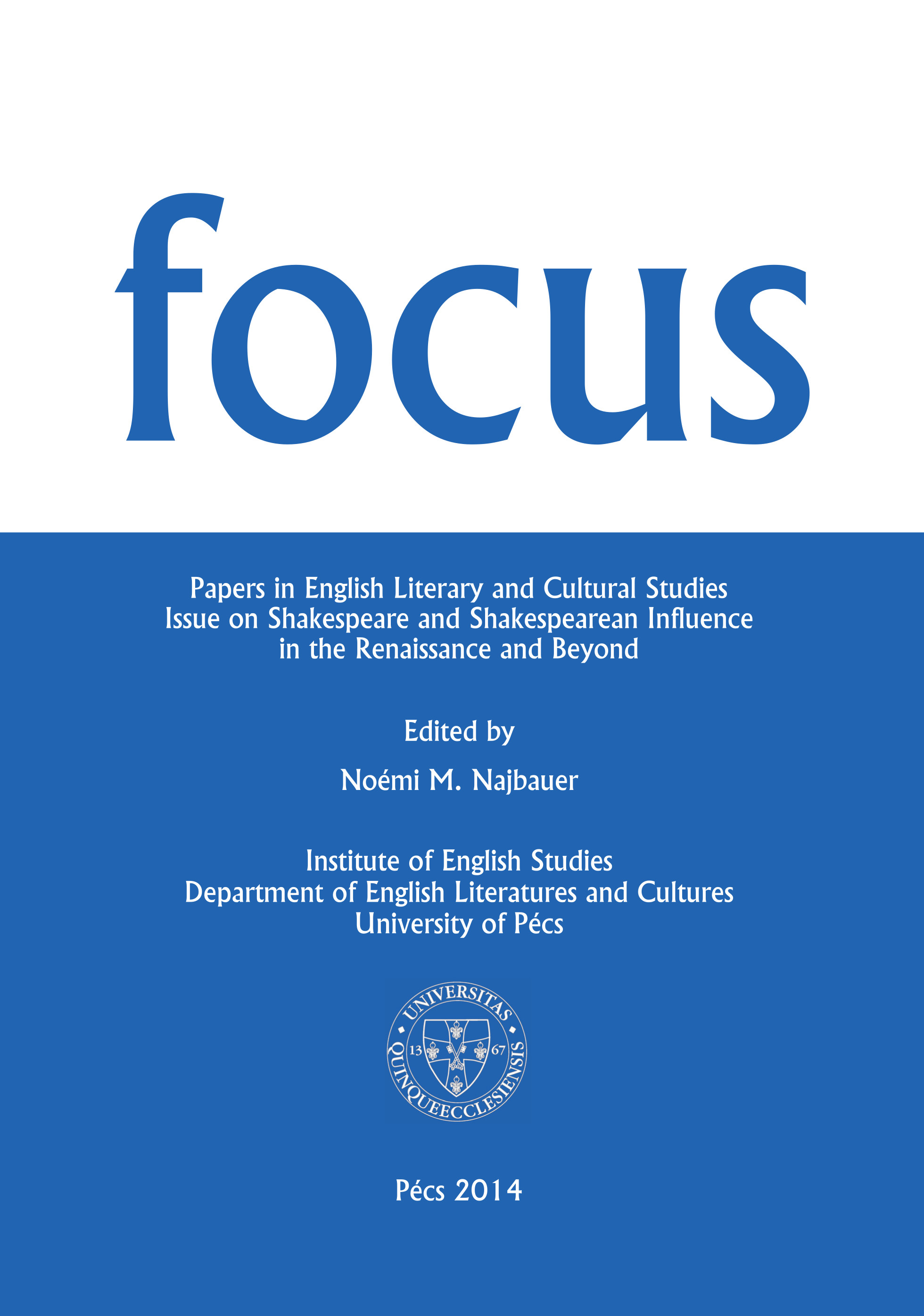Houston, Chloë. The Renaissance Utopia: Dialogue, Travel and the Ideal Society. Farnham: Ashgate, 2014. 198 pp.
Keywords:
book review, utopia, J.C. Davis, Chloë Houston, The Renaissance UtopiaAbstract
The title of Chloë Houston’s recent monograph on Renaissance utopia does not only hint at some of the main trends within utopian studies in the past decades, but it might also remind the reader of a 1980s classic on 16th-17th-century English utopian writing. The link is further reinforced by an explicit reference to the same in the blurb on the back of the volume, where the book advertises itself as “the first comprehensive attempt since J. C. Davis’ Utopia and the Ideal Society to understand the societies projected by [early modern] utopian literature.” Marginal as such a text is to the whole volume, this short note epitomizes how the volume constantly struggles to find its place within the two main poles of utopian studies: the study of “societies projected” and “utopian literature.”
Downloads
Published
How to Cite
Issue
Section
License

This work is licensed under a Creative Commons Attribution-NonCommercial-NoDerivatives 4.0 International License.
FOCUS: Papers in English Literary and Cultural Studies follows the principles laid down by Creative Commons, which provides guarantees for the Author’s copyright while also ensuring that intellectual properties are made available for the wider public in a digital form. All papers submitted to the journal apply the following licence conditions (indicated on the journal’s website as well as in individual publications):
“© This work is licensed under a Creative Commons Attribution-NonCommercial-NoDerivatives 4.0 International License.”
You are free to:
- Share, copy and redistribute the material included in the journal in any medium or format under the following terms:
- Attribution — You must give appropriate credit to the Author, and indicate the original place of publication [FOCUS: Papers in English Literary and Cultural Studies, Issue nr., page numbers.].
- NonCommercial — You may not use the material for commercial purposes.
- NoDerivatives — You are not allowed to remix, transform, or build upon the material.
- The above conditions must always be indicated if the journal material is distributed in any form.
- The above conditions must always be met, unless a written permission signed by the Author and the Editor-in-Chief states otherwise.

